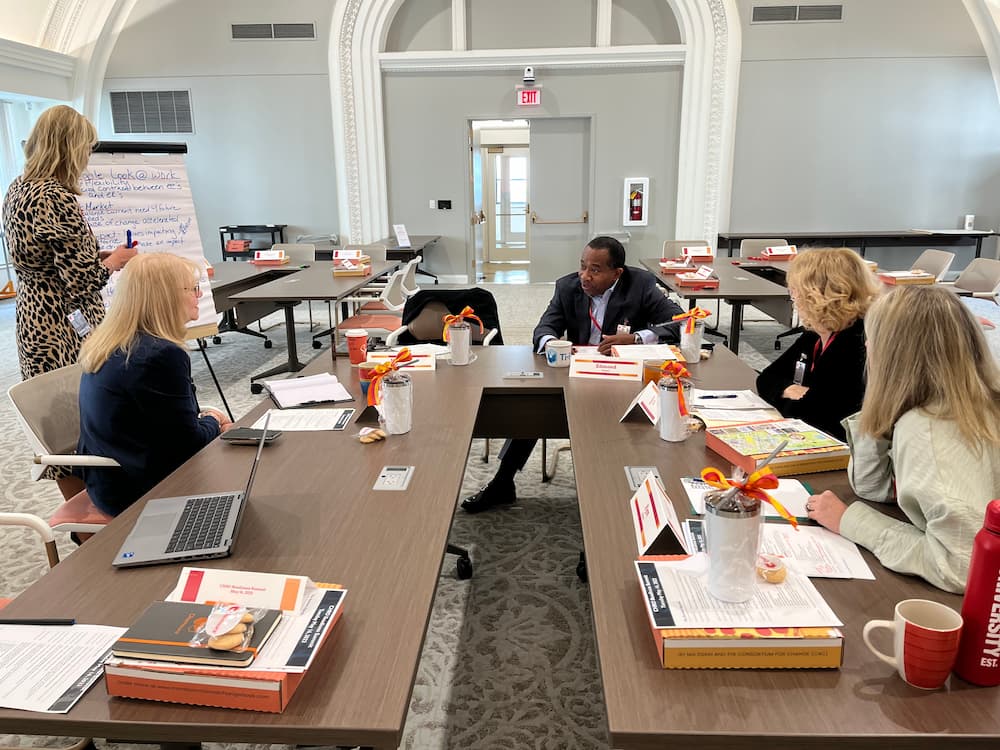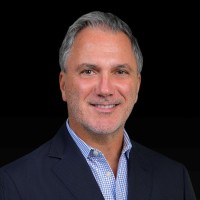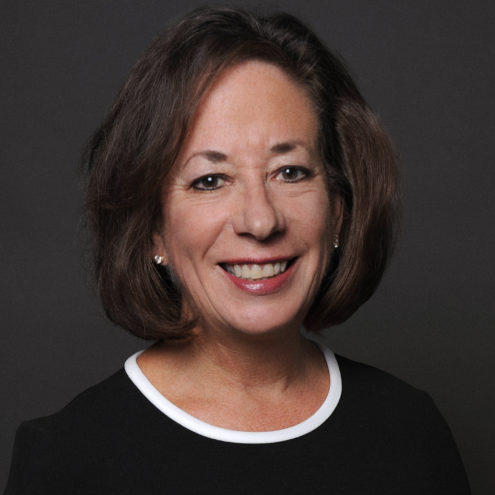The pace of change in the world of work has moved at startling speed in recent years—and keeping up with that change has largely fallen into the laps of HR leaders.
Given that, what does rising HR talent need to be focusing on today, and how can organizations more effectively develop the HR executives of tomorrow? These were among the questions a group of 21 current and former CHROs and HR academics tackled during the CHRO Readiness Summit last week at The Chemours Co. in Wilmington, Del. Conceived of by Ian Ziskin, co-founder of the Consortium for Change, a fellow of the National Academy of Human Resources and the former CHRO of Northrop Grumman Corp., the event was designed as a brainstorming forum for veteran HR leaders to assess the state of CHRO succession.

Photo by Grace Pfau
“As much progress as we’ve made, a good 50%-60% of CHRO roles that get filled are with people who come from outside of the company. Is that good enough, given all the investment we’ve made as a profession in developing people?” Ziskin asks, noting that a primary goal of the summit was to understand “what would give someone the best chance of succeeding in the CHRO role,” regardless of whether it is an external or internal hire.
To explore those ideas, attendees participated in breakout discussions on topics that included the most significant changes that HR has faced in recent years and shifts coming down the pike; the current strengths and weaknesses of CHROs and their successors to handle evolving challenges; development best practices; and more.
Summit leaders will author a comprehensive paper identifying the themes that emerged and recommendations for the HR profession later this summer, which will be published on HRExecutive.com.
Change is coming fast for those in CHRO positions
Central to the consideration of CHRO readiness was acknowledging just how much has changed within the profession in recent years—and the degree to which that is influencing the future of the job.
The emerging use of artificial intelligence for HR was a frequent topic of discussion.
“CHROs do not really understand the technology, so they are in a reactive mode,” says Patrick Wright, founder of the Center for Executive Succession and department chair at the Darla Moore School of Business at the University of South Carolina.
Participants emphasized that current and future CHROs need to close the knowledge gap on AI and its application for HR—and must do so with the help of AI experts, not vendors selling AI technology.
“This would enable CHROs to better critique the applications from business, legal, ethical and societal perspectives,” Wright says.
Apart from emerging technologies, summit participants considered how a number of other large-scale transformations are reshaping the top HR job, such as divisive socio-political conditions, global environmental issues, and changing regulatory environments and their impacts on privacy.

“Over the past few years, the pace of what CHROs, and all business leaders, have had to handle is fast, constant and ever-changing,” says Daniel Marsili, president of the National Academy of HR and former CHRO of Colgate-Palmolive.
That pace has contributed to another hurdle facing CHROs today: effectively managing the relationship between the CEO and the company’s board chair, adds Susan Kelliher, chief people officer at The Chemours Co.
“It is a tough one to get prepared for until you are in the job,” she says. “However, that is counterbalanced by one of the affirming elements of the meeting: We all agreed that early and consequential—meaning not just showing up for a dinner or social hour—is essential to build capability and confidence for CHRO successors.”
Conversations are critical
In the same vein, summit attendees agreed that the intentional, proactive discussions they participated in can also be key to tackling the CHRO readiness challenge.
In a profession facing such shifts, Marsili says, it’s rare that leaders “take the time to gather and reflect on how our roles have changed, ideate about future challenges we are likely to face and discuss our readiness to address those challenges.”

The conversation struck an optimistic note, adds Jill Smart, president emeritus of NAHR and former longtime CHRO of Accenture.
In particular, the critical role that HR leaders played throughout the pandemic demonstrated that HR has the capacity to provide vital business and organizational leadership, she says. Now, it’s about keeping up the momentum.
“The agility and courage that HR led with needs to be sustained whether there is a current crisis or not, as we know there will always be some looming and unanticipated change in front of us,” Smart says.
That recognition, Ziskin says, is core to why he launched the summit, which he says can be an important building block for ongoing high-level CHRO conversations.
“Personally, I came from a place of love and respect for the profession,” he says, “but, I hope, a degree of objectivity about where we have made a lot of progress but also where we still have a long way to go.”
The post Are tomorrow’s CHROs ready to take on the top job? appeared first on HR Executive.